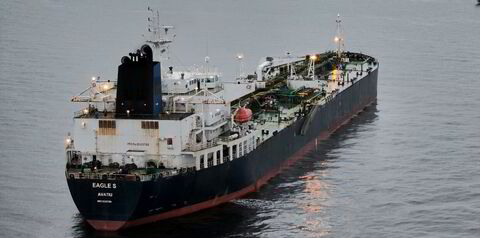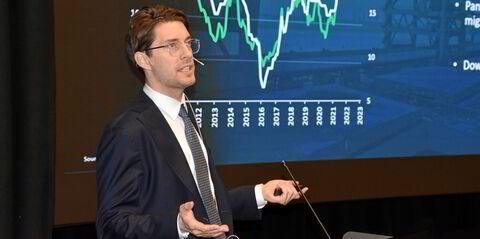What does net zero by 2050 mean? For shipping, the calculus shows that we will need 70% zero-carbon e-fuels, which requires 10 times more renewable energy than currently produced, and 30% carbon-neutral fuel, which, considering net zero across the board, will require 100 times more carbon capture than we have today.
According to the Intergovernmental Panel on Climate Change and the International Energy Agency (IEA), the annual global capacity for carbon capture will need to increase multi-fold from 50m tonnes of CO2 in 2020 to 800m tonnes per year by 2030 and to more than 5bn tonnes, or gigatonnes, by 2050.



